
Ethylene Urea
Product Details:
Ethylene Urea Price And Quantity
- 100.00 - 1000.00 INR/Kilograms
- 1000 Kilograms
Ethylene Urea Trade Information
- 5000 Kilograms Per Week
- 1 Week
- Yes
Product Description
Ethylene urea acts as the finishing agent for leather and textiles. It is also used in the formulation of adhesives, plasticizers, and lacquers. Our offering can be utilized for both commercial and industrial applications. This product is used in the production of polymers. It is used to make high polymers, plasticizers, lacquers, adhesives, and insecticides. Ethylene urea is a colourless solid used to treat thick fabrics made of cellulose to prevent wrinkling. It results in permanently wrinkle-resistant materials. Our product comes in a variety of packaging. This product is accurate in composition, non-toxic and safe to use.
FAQs:
Q: What is Ethylene Urea?
A: Ethylene Urea, also known as 1,3-dimethyl-2-imidazolidinone, is an organic compound with the chemical formula C5H10N2O2. It is a colorless or pale yellow liquid that is miscible with water and many organic solvents.
Q: What are the common uses of Ethylene Urea?
A: Ethylene Urea has several applications across various industries:
- Textile and Leather Industry.
- Cosmetics and Personal Care Products.
- Adhesives and Resins.
- Industrial Cleaning.
Q: Is Ethylene Urea safe for use in consumer products?
A: Ethylene Urea is considered safe for use in consumer products when used in accordance with the recommended guidelines and concentrations. However, it is important to note that individual sensitivities and allergies can vary, and some individuals may experience adverse reactions. It is always advisable to perform a patch test and follow the instructions provided by the manufacturer.
Q: Is Ethylene Urea harmful to the environment?
A: Ethylene Urea is biodegradable and is considered to have low toxicity to aquatic organisms. However, it is always important to follow proper disposal practices and comply with local environmental regulations to minimize any potential adverse effects on the environment.
Q: Can Ethylene Urea be used in food or beverages?
A: Ethylene Urea is not commonly used as a food or beverage additive. Its applications are primarily focused on industrial uses, such as in textile processing, adhesives, and personal care products. It is always important to consult relevant regulatory guidelines and adhere to approved substances for use in food and beverages.


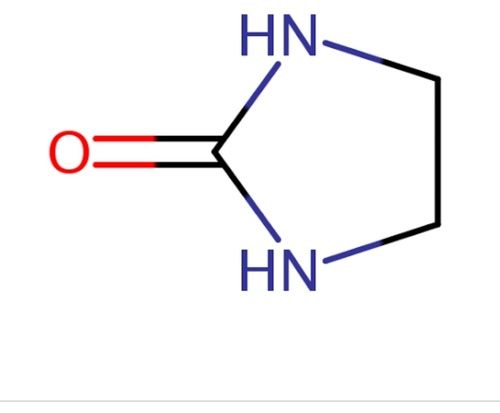
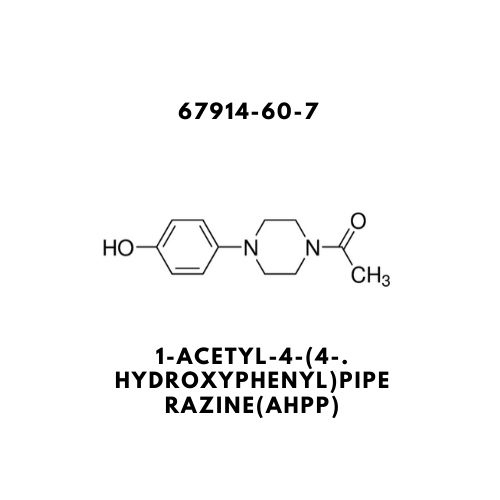
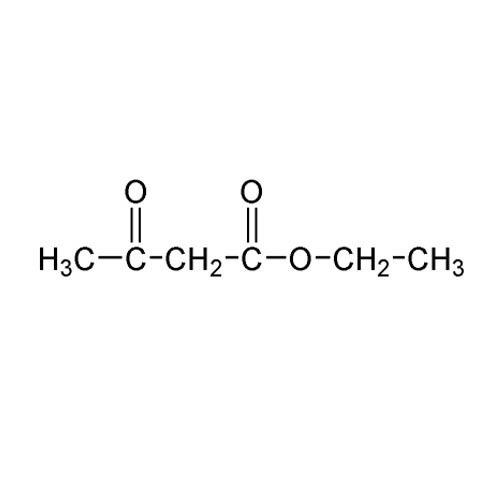
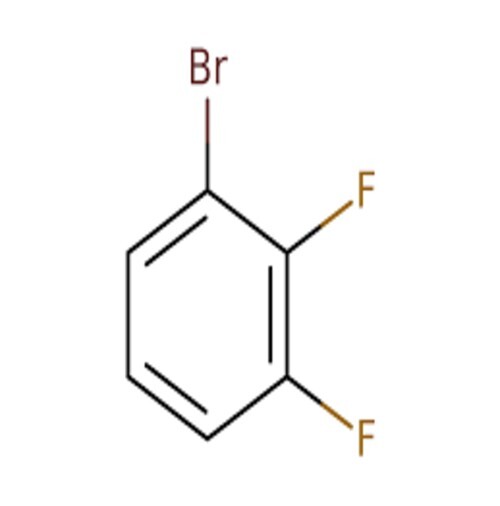
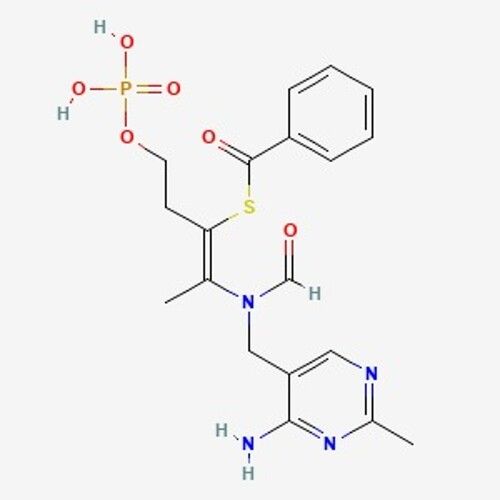
 Call Me Free
Call Me Free